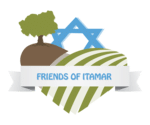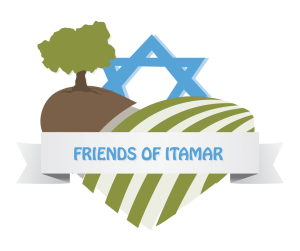Parashat Korach – “Ma-aseh avot siman lebanim” 2009
Korach June 18, 2009 Every story in the Torah tells us something about then and how it applies to now. This is called “Ma-aseh avot siman lebanim”= what happens in the
Parashat Shelach – The Spies – 2009
Shlach June 11, 2009 Israel is a place that is difficult to describe. It depends on the eyes of one’s mind: if they are open or closed. The portrayal that the spies gave was
Parashat Emor – The Power of Speech – 2009
Emor May 8, 2009 If I write Emor and Omer (in English) it’s pretty much the same word, only scrambled. The fact is, Emor is always read during the Omer and they actually are
Parashag Shemini – A shining Light 2009
Shemini April 18, 2009 A candle can be fed or extinguished by the wind, depending on how it blows. If it blows too hard, the flame separates from the wick, therefore it blows out.
Fear of G-D – Rashi on Genesis
Fear of HaShem – Genesis February 13, 2009 Rashi in his commentary on the book of Genesis brings down on the first verse of the Torah, the words of Rav Yitzchak – ̶
Parashat Bo 5769
Bo January 28, 2009 The combining of the letters bet and aleph form the name of our parsha, “Bo”. In gematria this equals the number three (aleph being one and bet bein
Parashat Shemot 5769
Shemot January 2009–01–15 Aside from beginning a new book in the Torah, a new era also begins for the people of Israel, as we read in the opening of the Parasha “a new ki
Parashat Vayeshev 5769
Vayeshev- Mikaytz December 26, 2008 Last week in parashat Vayeshev we began the stories of Yosef and his brothers. The Torah portion begins with the following verses: “Now Ja
Parashat Vayeshev 5769
Vayeshev December 18, 2008 What can we say about Yosef other than his being simply “successful” in all realms. He is talented, beautiful, and distinguished looking. He
Parashat Vayishlach 5769
Vayishlach December 12, 2008 Our forefathers didn’t have it easy, to say the least. Ya’akov Avinu never experienced leisure or rest. He was born into hard times, and ev

